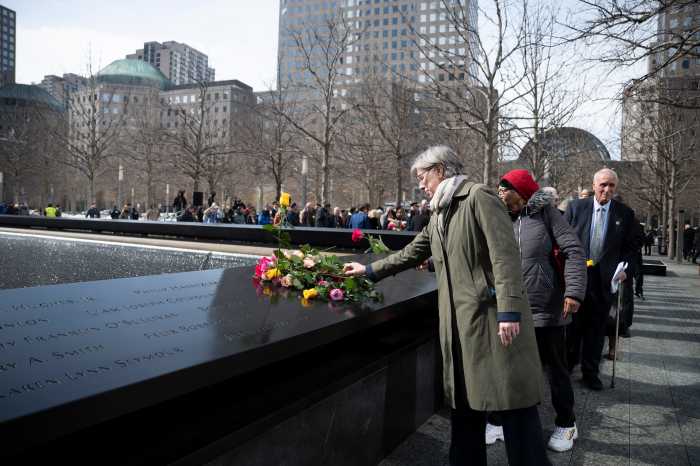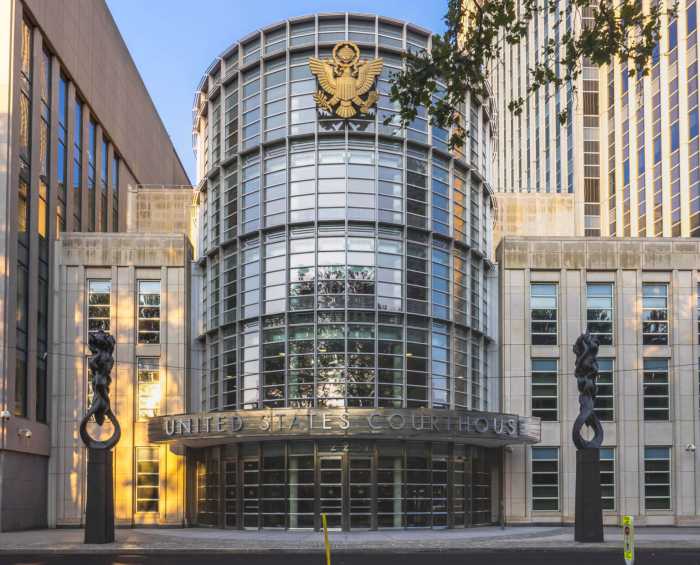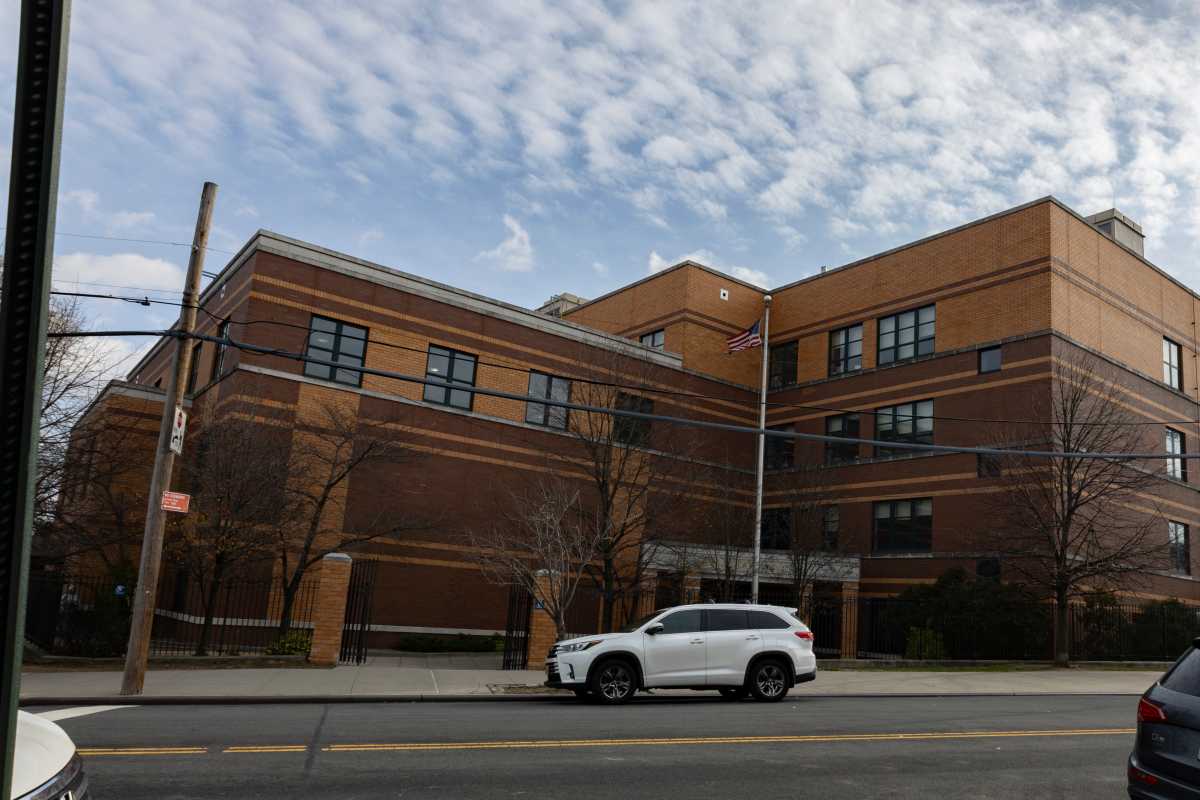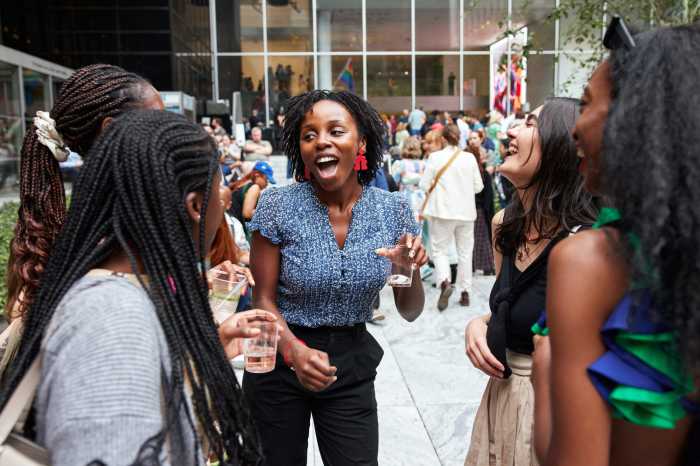New Yorkers mourned the passing of Maya Angelou, whom Harlem Rep. Charles Rangel deemed among the most important Americans in the last century
While her influence could be felt throughout the world and spanned generations, New Yorkers have a particular reason to pay tribute to the American poet laureate and humanitarian, who died Wednesday at 86.
The African Burial Ground in lower Manhattan, “is now a national monument, thanks largely to the efforts of Maya Angelou,” according to Chris Moore, a senior researcher for the New York Public Library’s Schomburg Center for Research in Black Culture in Harlem.
Moore first met Angelou while making a documentary on the 1991 discovery of the remains of 419 slaves during construction of a federal office building at Duane Street and Broadway. Angelou lent her celebrity to preserve and commemmorate the sacred site, Moore said.
Her renderings of experiences in the Jim Crow South sparked “a national dialogue on racism, equality and forgiveness — teaching us that ‘no one of us can be free until everybody is free,'” Rangel said.
Angelou’s NYC ties include honky tonking with writer James Baldwin and a gorgeously renovated brownstone in Harlem’s Mt. Morris Park. She also gave frequent presentations at the Schomburg Center, which acquired her archives and literary papers in 2010.
Both the Schomburg and Poets House are readying exhibitions of Angelou’s work to salute her phenomenally accomplished life. Other New Yorkers also paused Wednesday to praise and celebrate a woman who, as Moore put it, “made the American experience readable.”
“Literature has lost one of its greatest voices, the civil rights movement has lost one of its staunchest activists, and the world has lost a woman whose fierce compassion will shape our lives for generations to come,” Mayor Bill de Blasi said.
Noting Angelou’s world travels and numerous residences, former Mayor David Dinkins said the poet, professor, actress, singer, dancer and activist will “reside forever in the hearts of people the world over” and praised her as “a beacon to young people for all of the healing and power than can possibly rise out of a damaged heart.”
That sentiment was echoed by Nuyorican Poets Café executive director Daniel Gallant, who said she democratized the arts: “She demonstrated by eloquent example that the act of writing poetry and memoir could empower artists of color and artists from disenfranchised communities.”
And her international success proved that “mainstream audiences were amenable to literature from diverse voices,” Gallant said.
Angelou used Twitter well, urging courage and compassion in pithy and poetic well-turned blurbs that often echoed her literary themes of prevailing throughout obstacles and oppression. “The idea of overcoming is always fascinating to me, because few of us realize how much energy we have expended just to be here today,” she posted on April 18.
“Her life changed our lives and her voice remains,” forever in the words she left behind, added Lee Briccetti, executive director of Poets House. “‘I Know Why the Caged Bird Sings’ opened up a dialogue in our culture about sexual assault, about race and about what it means to be a woman,” Briccetti continued. Angelou’s poetry and prose took a “spiritual stance in justice making” which could be described as “change what you can; forgive what you can’t,” Briccetti explained.
Moore recalled that Angelou always began her presentations by quoting a Roman slave of African descent, Terence Afer: “I am human: Nothing human is alien to me.”
Angelou, said Moore, “is the poster child for humanity.”




































